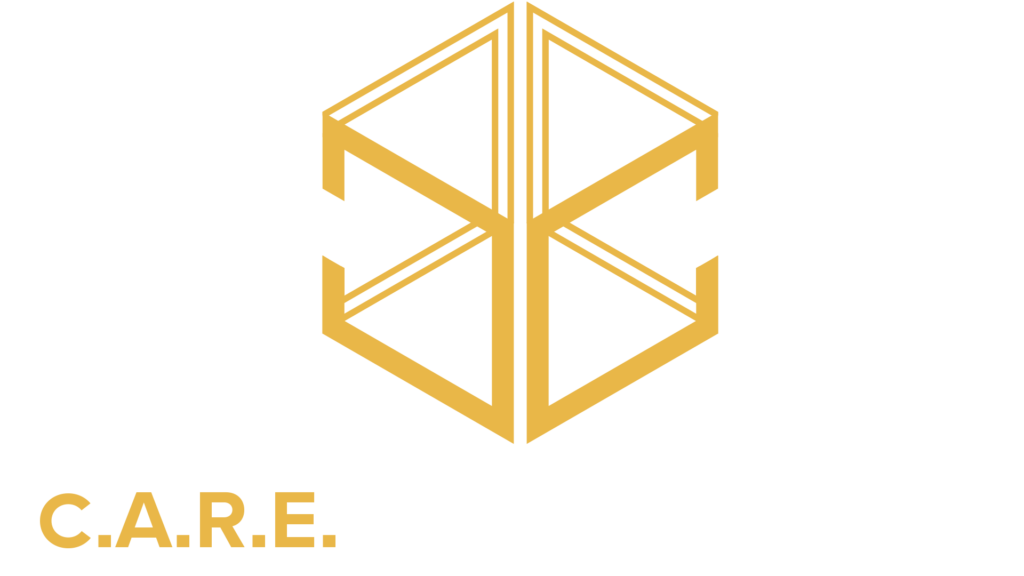WHAT MAKES A GREAT COMMUNITY ASSOCIATION MANAGER?
Community Association Managers,
Management is about directing energy by guiding people toward practical solutions. Working to develop harmonious interpersonal relationships by using common sense will ensure your goals as a CAM are met.
When you are a Community Association Manager, you must gain control over your work and not allow interference. Your salvation lies in reassuring your team—your staff, residents and board of directors that you are a great leader! Your attitude and motivation must be contagious to prove that you are qualified, competent, confident, and that being on the front line you are always looking out for what is in the best interests of the association.
The U.S. Bureau of Labor Statistics expects jobs for property, real estate and community association managers to increase 7% between 2018 and 2028, which is faster than average for all occupations during that decade. Job seekers with a college degree in business or real estate might have an advantage.
Courses, certifications and professional designations in property management are available to provide further training and distinguish accomplished community association managers. Due to an aging population, the BLS projected more job opportunities within communities that focus on the elderly or health care.
“When dealing with people, let us remember we are not dealing with creatures of logic. We are dealing with creatures of emotion,
creatures bustling with prejudices and motivated by pride and vanity”.
—Dale Carnegie
As Manager, you have three major roles to play:
Planner:
Establish your goals and select them wisely. Select the optimal plan for the team and implement it. Take in account the needs of the association’s common areas, needs of the residents and the board. You need to establish a plan and decide where your team is headed and communicate your vision to them. Draft a strategic plan for short term and long-range goals. Allocate resources and measure the results of your actions with your board of directors to help you set realistic goals. The strategic plan will also provide a basis for evaluating and controlling the association’s performance and progress for each item. Stay updated on things like changes in rules and regulations, new laws, technology, amenities, lifestyle, property values and other emerging trends related to real estate. Property owners want to be assured that the manager they’re dealing with knows what they’re talking about, so always educate yourself. Read industry publications and attend webinars, watch YouTube Videos, attend conferences and ongoing continuing education. I often refer to SWOT (strengths, weaknesses, opportunities, and threats) analysis which is a framework used to evaluate and to develop strategic planning. SWOT analysis assesses internal and external factors, as well as current and future planning. A SWOT analysis is designed to facilitate a realistic, fact-based, data-driven look at the strengths and weaknesses of the association and institutes initiatives.
Provider:
The Manager has access to all information, materials, and any changes which the team (the board of directors, residents and staff) needs. As manager, you have the authority to make recommendations to the board of directors for anything that the team needs, and the residents need. Building your ability as a leader is the first step in the management provider process. Once the team believes in you and trusts what you're doing, you can then begin your goal setting. Your campaign for any changes should outline the reasons why a change is necessary. For instance, the board of directors will want to know what the long-term effects of the change will be. If the change is your idea, your staff will want to know how they will personally be affected by the changes you are proposing. Be sure to invite suggestions, feedback and new ideas from the staff concerning their work. Be willing to put good ideas into action by making gradual changes. Always listen to and try to understand what your Staff is communicating. Great managers are the ones who challenge the existing complacency, and who are prepared to lead their team forward towards a personal vision. Set the standards. Recognize issues, seize opportunities, and create a positive work environment. Ultimately, managers are the ones who stop to think where they want to go, how they are going to get there. In the book, Good to Great, Jim Collins creates a lasting and memorable metaphor by comparing a business to a bus and the leader as a bus driver. He emphasizes that it is crucial to continuously ask “First Who, Then What?” You are a bus driver. The bus, your company, is at a standstill, and it’s your job to get it going. Get to know who is on your team, your board and who your residents are. The more you know about the who, and the what, you will be capable of handling the responsibilities necessary to be a successful provider.
Protector:
The team needs security and confidence that you are there to guard and protect them. If someone from the team brings forward a good plan, you must ensure that they know that you are open to their ideas and willing to present them to the board. If a resident, staff or board member has a problem, they also need to know that you are there to listen. Develop a caring attitude. A good manager trains, develops, counsels, guides, and supports. Keep the team informed about changes that can directly affect them such as policy changes, procedure or rule changes, product information changes, and performance changes. Give appropriate praise and recognition for a job well done for both the staff and the board of directors. A great manager gives constructive criticism and never makes personal attacks.
Your staff needs to know where they stand, and how they are performing against your reasonable expectations. You can achieve this through a structured evaluation review system, but such systems often become formalities with little or no communication. The best time to give feedback and address a situation is when the event occurs. Since it can impact greatly, the feedback should be honest, simple, and always constructive. Make an attempt to change the attitude and behavior. Here are some suggestions in accomplishing this:
- Highlight something good.
- Point out what needs improving.
- Make suggestions on how to improve.
- Use encouragement and enthusiasm.
- Make the fault seem easy to correct.
- Ask questions instead of giving direct orders.
- Make the other person happy about doing the thing you suggest.
Always look for something positive to say. Offer some recognition of the effort which has been put to work. When talking about improvements, be specific; this is what is needed, and this is how you should work towards it. Never say anything inflammatory or negative, such as “you’re wrong,” "do better," or "shape up" without outlining the steps needed for improvement. While your team will soon realize that this is your formula and method, they will still enjoy the benefits of the information, constructive criticism, and training. Always praise good work. If you do not acknowledge it, it may not be repeated, simply because no one knew you approved and were satisfied. Recognition is about feeling appreciated. In opposite terms, if people do something well and then feel it is ignored—they will not bother to do it so well next time because they may feel that no one cares.
The feedback you give your team about their work is fundamental to their motivation. They should know their strengths and their weaknesses. It is important to be positive, to indicate what needs improving by being constructive, and to indicate what is expected of them in the future. It is important to schedule weekly staff meetings to discuss and review any items or issues that need to be addressed.
As a community association manager, you have the responsibility to represent and to develop the effectiveness of your staff; these are tasks you can expand to fill your available time—delegation is a mechanism for creating that opportunity. The objective of delegation is to get the job done by someone else. With delegation, your staff has the authority to react to situations without referring back to you.
Maintain the highest standards by welcoming input from the residents, staff and board members. Establishing the highest standards will build pride and self-confidence. Everybody brings different skills to the position, as well as a different level of enthusiasm and style of dealing with people. To be among the best in the industry, Managers must maintain a positive attitude and be able to establish good relationships with owners and staff.
Allow for individuals to contribute appropriately. Listening with empathy is a valuable skill. Your attitude is visible in dealing with the situations as they occur. Sympathy, patience, and people skills are important character traits for a great manager.
Managing people is a challenge. Managers must play many roles in associations and handle various situations. You have the opportunity to make a huge impact upon the way in which your association operates. As your vision becomes more focused, your ideas will appear stronger and more credible. Not only will it be easier to convince others that you have developed your own positive management style, but it will also be easier to maintain your own conviction and motivation when you reach any pitfalls or obstacles in the road. Your common sense and experience are your best guides in analyzing the problems that you face in your day-to-day challenges as a great manager. You can shape your own destiny, work environment and company culture in becoming a great manager.
About the Author
Marcy Kravit
CMCA, AMS, PCAM, CFCAM
AKAM On-Site Regional Director
FCAP Education and Training Coordinator
Marcy Kavit has represented the community association industry for over 20 plus years as a seasoned professional in a team player serving as Managing Director and was the recipient of 2014 national manager of the year award in 2018 top 10 national managers of the year award in 20 21–20 22 women empowering women mentor of the year”

CGC 1533272 - CCC1334289
At C.A.R.E. Construction, we uphold industry standards by using top-quality materials, cutting-edge tools, and delivering exceptional service to our customers.
Site Links
Services
All Rights Reserved | C.A.R.E. Construction






